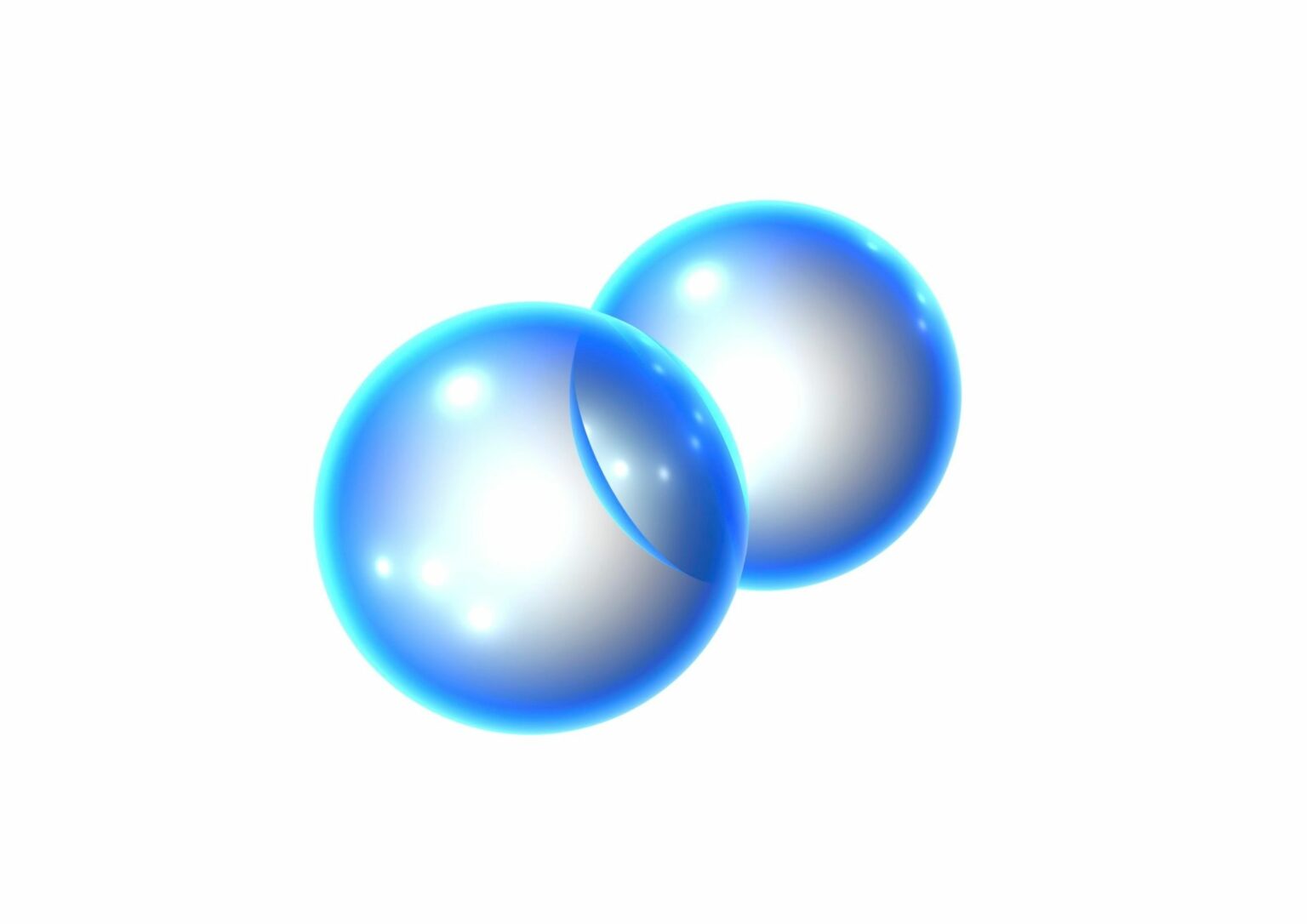Researchers from the Aragon Agri-Food Institute (IA2) and the Aragon Engineering Research Institute (I3A) at the University of Zaragoza have joined forces with Ingeniería de Obras Zaragoza to embark on a transformative project.
The initiative, named “Hi2BIO: Valorization of industrial wastewater for the generation of biological hydrogen through a double stage,” aims to revolutionize green hydrogen production, making it sustainable by leveraging industrial waste.
The Hi2BIO project is a pivotal component of the Hydrogen Recovery, Transformation, and Economic Resilience Plan (PERTE). Its overarching goal is to establish a sustainable methodology for generating biological hydrogen, addressing challenges related to efficiency, high costs, and emissions inherent in current production methods.
Hi2BIO places a strategic focus on biological processes, specifically dark fermentation and serial photofermentation, to enhance efficiency and scale up production. The project aims to evaluate different bacterial inocula for dark fermentation, selecting the most efficient ones for further development.
Researchers from the University of Zaragoza will lead the design and construction of a prototype, to be tested in simulated environments. This phase will assess the performance of technologies working in series and analyze their effects. Subsequently, gas treatment alternatives will be explored to achieve a remarkable 95% hydrogen purity.
Hi2BIO signifies a critical technical milestone in sustainable hydrogen generation research. It promises innovative solutions for wastewater management, offering a dual advantage of environmental sustainability and hydrogen production.
Recognized as a strategic project in the Hydrogen PERTE, Hi2BIO receives financing from the European Union through NextGenerationEU. Additional support comes from the Ministry for the Ecological Transition and the Institute for Energy Diversification and Saving (IDAE). The ambitious project is slated for development over three years, from July 2023 to July 2026.





